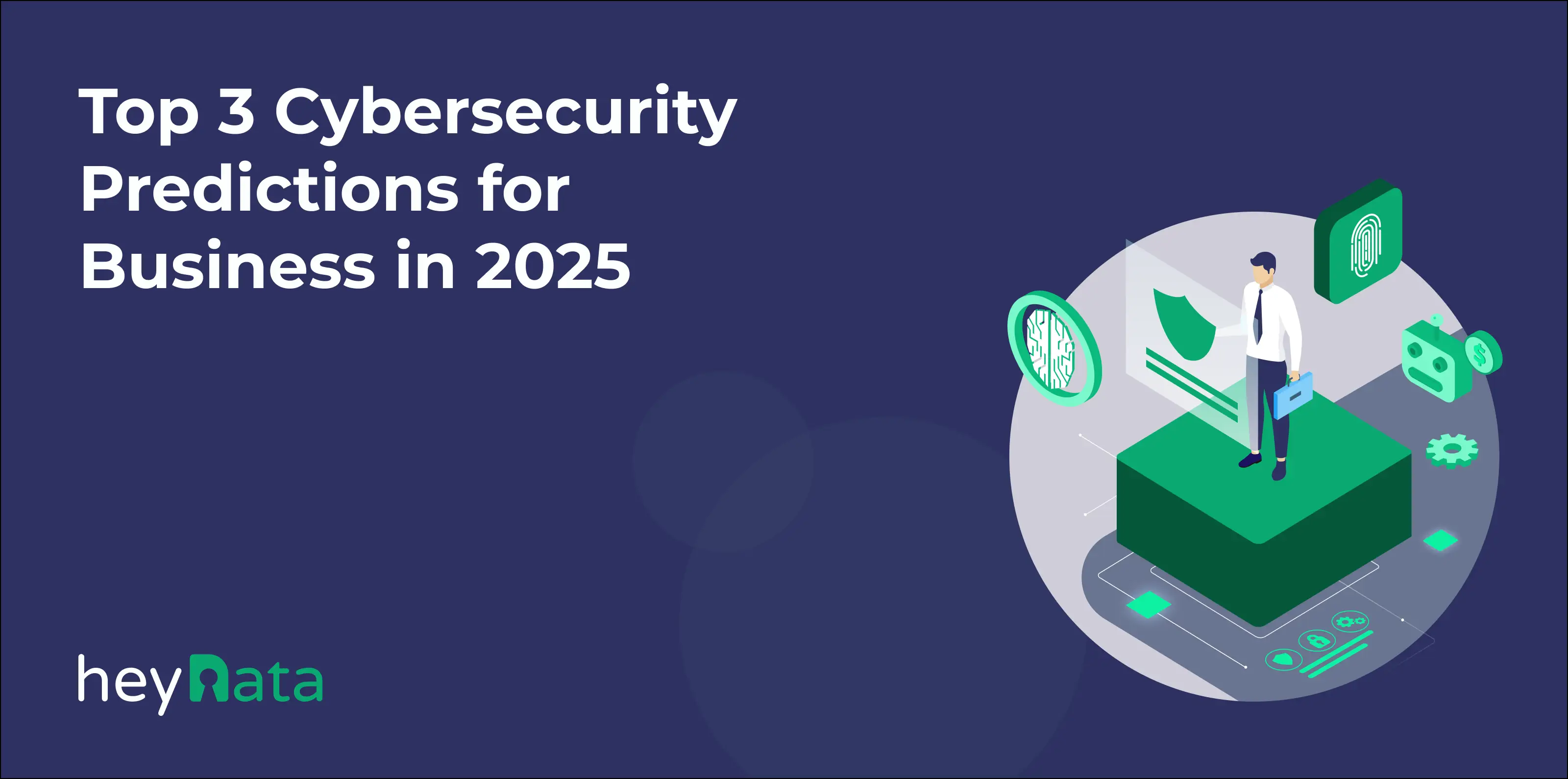The Next Frontier: Insightful Cybersecurity Forecasts for the Coming Year
As we come close to the brand-new year, the cybersecurity landscape is on the brink of significant makeover. Secret aspects such as the integration of advanced AI modern technologies, the inescapable surge of innovative ransomware, and the firm of data privacy policies are forming the future of digital safety.
Surge of AI in Cybersecurity
In the swiftly evolving landscape of cybersecurity, the integration of expert system (AI) is emerging as an essential pressure in boosting hazard discovery and feedback capacities. AI modern technologies, such as artificial intelligence algorithms and deep discovering versions, are being increasingly deployed to analyze vast amounts of data and identify patterns a measure of security threats. cyber attacks. This allows organizations to proactively deal with vulnerabilities before they can be exploited
The rise of AI in cybersecurity is specifically substantial in its capacity to automate regular jobs, enabling human analysts to focus on more complex security concerns. By leveraging AI, cybersecurity groups can minimize action times and enhance the accuracy of threat assessments. Additionally, AI systems can adapt and pick up from brand-new risks, continuously improving their detection mechanisms to stay in advance of destructive stars.
As cyber hazards come to be a lot more sophisticated, the demand for innovative remedies will drive additional financial investment in AI technologies. This pattern will likely bring about the growth of boosted security devices that incorporate anticipating analytics and real-time monitoring, eventually strengthening business defenses. The transition in the direction of AI-powered cybersecurity services represents not simply a technical shift yet a fundamental adjustment in how organizations approach their security methods.
Increase in Ransomware Assaults
Ransomware strikes have ended up being a widespread risk in the cybersecurity landscape, targeting organizations of all sizes and throughout various industries. As we progress into the coming year, it is expected that these strikes will not only boost in regularity yet also in class. Cybercriminals are leveraging innovative tactics, including using artificial intelligence and artificial intelligence, to bypass traditional safety procedures and manipulate susceptabilities within systems.
The escalation of ransomware attacks can be associated to a number of elements, consisting of the increase of remote job and the expanding dependence on electronic solutions. Organizations are usually unprepared for the evolving threat landscape, leaving vital framework vulnerable to breaches. The monetary ramifications of ransomware are incredible, with business dealing with large ransom money demands and prospective long-term operational disruptions.
Moreover, the fad of dual extortion-- where attackers not only secure information however likewise threaten to leak sensitive information-- has actually obtained grip, even more coercing targets to follow needs. Consequently, services should prioritize durable cybersecurity procedures, including regular back-ups, staff member training, and occurrence reaction planning, to mitigate the threats connected with ransomware. Failure to do so might lead to ruining repercussions in the year ahead.
Evolution of Information Personal Privacy Laws
The landscape of data personal privacy guidelines is undergoing substantial makeover as governments and companies reply to the enhancing problems bordering personal information protection. Over the last few years, the implementation of extensive frameworks, such as the General Information Protection Guideline (GDPR) in Europe and the California Consumer Personal Privacy Act (CCPA) in the United States, has actually set a criterion for stricter personal privacy regulations. These policies emphasize customers' rights to regulate their data, mandating transparency and liability from organizations that accumulate and process individual information.

In addition, companies will certainly require to boost their conformity approaches, purchasing innovative modern technologies and training to guard delicate details. The advancement of information personal privacy guidelines will certainly not only impact how businesses operate yet additionally form consumer expectations, fostering a culture of trust fund and protection in the electronic landscape.
Growth of Remote Work Vulnerabilities
As companies proceed to accept remote work, vulnerabilities in cybersecurity have actually significantly involved the center. The shift to versatile work setups has actually subjected crucial gaps in protection procedures, especially as staff members gain access to delicate information from different locations and tools. This decentralized work environment develops a broadened attack surface area for cybercriminals, who manipulate unprotected Wi-Fi networks and individual gadgets to infiltrate corporate systems.

To mitigate these vulnerabilities, companies should focus on comprehensive cybersecurity training and carry out durable safety and security structures that encompass remote work situations. This consists of multi-factor authentication, routine system updates, and the facility of clear methods for data gain access to and sharing. By resolving these vulnerabilities head-on, business can cultivate a safer remote workplace while keeping functional resilience when faced with progressing cyber threats.
Developments in Danger Discovery Technologies


Proactive hazard discovery has come to be a cornerstone of modern-day cybersecurity techniques, reflecting the immediate need to neutralize progressively innovative cyber dangers. As organizations encounter a developing landscape of susceptabilities, developments in threat discovery technologies are crucial in mitigating threats and boosting protection stances.
One remarkable trend is the integration of expert system and artificial intelligence into threat discovery systems. These technologies make it possible for the analysis of huge quantities of data in genuine time, enabling the identification of abnormalities and potentially harmful tasks that might avert typical safety and security procedures. Furthermore, behavior analytics are being implemented to establish standards for regular user activity, making it much easier to spot variances a measure of a breach.
Additionally, the surge of automated threat intelligence sharing systems promotes collaborative protection initiatives throughout sectors. This real-time exchange of information enhances situational understanding and increases response times to emerging risks.
As organizations proceed to purchase these innovative modern technologies, the effectiveness of cyber defense systems will substantially improve, empowering safety groups to remain one step ahead of cybercriminals. Eventually, these improvements will certainly play an essential duty fit the future landscape of cybersecurity.
Conclusion
In recap, the approaching year this link is expected to witness transformative pop over to this site growths in cybersecurity, driven by the combination of AI technologies and a notable increase in ransomware strikes. Generally, these developing characteristics highlight the critical relevance of adapting to an ever-changing cybersecurity landscape.